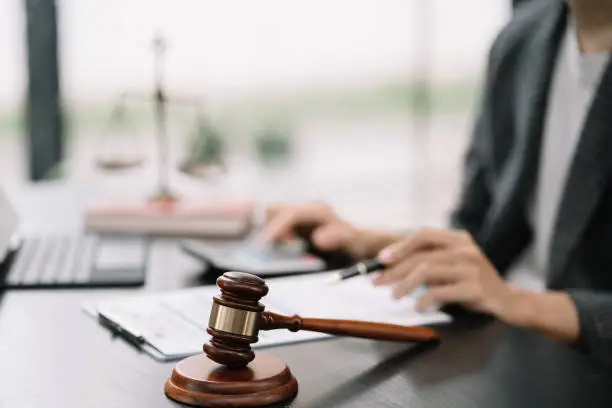Intellectual property of all kinds, including patents, trademarks, copyrights, industrial designs, and trade secrets, is legally protected in Latvia. Both domestic law and treaties Latvia has ratified on the international level serve as the primary regulatory framework for these safeguards.

Patents in Latvia
There is a system in place that gives creators temporary exclusivity on their creations. Claims of patent infringement, when one party asserts that another has improperly exploited their patented technique or innovation, are frequent in patent disputes. The normal method of resolving such disagreements is via court-related litigation.
Trademarks
The Latvian Patent Office (LRPV) is responsible for overseeing trademark registration in Latvia. A trademark that has been registered grants its owner the only right to use the mark in connection with certain products or services. If a registered trademark is used without authorization or if a third party alleges that their mark is being violated, a trademark dispute may result. Determining whether there is a possibility of confusion between the marks and if there has been unlawful use or passing off entails trademark litigation.
Copyrights
In Latvia, literary, artistic, and scientific works—including books, music, films, software, and other forms of expression—are all protected by copyrights. When someone utilizes protected content without authorization or asserts ownership over another person’s creations, copyright conflicts may result. In these situations, litigation may include proving the work’s originality and figuring out if there has been significant copying.
Industrial concepts
The look of items is protected by industrial design law in Latvia, and registration is requested via the LRPV. If a registered industrial design is allegedly being violated or if the registration’s legality is called into doubt, disputes may result.
Trade secrets
Protecting trade secrets is crucial for preserving sensitive corporate data. Trade secret laws exist in Latvia, and illegal access to or disclosure of such private information may result in legal issues.
Process of litigation and enforcement
A party may begin legal action by submitting a complaint in the relevant Latvian court when they feel their intellectual property rights have been infringed. The court processes will entail collecting evidence, listening to both sides’ arguments, and giving a decision based on the case’s merits. Successful plaintiffs may get judicial orders to put an end to the infringement and, in certain situations, seek damages or compensation for losses sustained as a result of the infringement. Injunctions may also be issued by the court to stop the continued unlawful use of intellectual property.
An alternative to litigation
To settle IP conflicts, there are two further options:
Mediation
Although mediation is not required, judges (courts) are required to urge parties to seek mediation to settle their differences in civil proceedings. Before court proceedings, parties are advised to participate in mediation that has been approved by the court. Parties have the freedom to decide mediator selection, start date, mediation length, discontinuation, and termination, all within the mediator’s parameters, with or without agreement. If the parties are willing to participate, mediation may go place throughout court procedures up until the matter has been reviewed on its merits. Parties select one or more qualified mediators, approved by the Council of Qualified Mediators if needed, to mediate the conflict as assigned by a court.
Arbitration
The parties to an arbitration agreement consent to have one or more arbitrators, who function as impartial third parties, decide their dispute. These arbitrators are appointed by mutual consent or based on rules specified in the arbitration agreement. Intellectual property issues may be resolved by arbitration. It has many benefits over conventional litigation, making it a more and more common option for settling disputes throughout the globe.
Litigation venue and formats
The method for trademark litigation in Latvia is the same as for civil litigation, but it is subject to certain laws and is handled by particular courts:
- The first instance court is the Riga City Vidzeme Suburb Court
- The Riga Regional Court serves as the court of appeal, and
- The Supreme Court serves as the court of cassation (last instance).
Forum shopping is not permitted; regardless of other criteria, all actions must be filed in the courts with the above-mentioned special jurisdiction. The legislation of Latvia does not permit jury trials. All trademark disputes are heard entirely in bench trials, either by Collegia of three or five judges (in the first instance) or a single judge (in the appeal or cassation instance).
Reparations and damages
A claimant in a trademark dispute may pursue a broad range of remedies, although they are heavily influenced by whether the plaintiff has started infringement or cancellation procedures. The following remedies are typically available in cancellation proceedings:
- complete cancellation or total invalidation of the contested trademark;
- exclusion of certain components of the contested trademark from the protection;
- restriction of the scope of goods and services to which the contested trademark is applicable.
You can also find these articles helpful
Reasons to trademark a business
Tax debt guide
Excise duty guarantee explained







